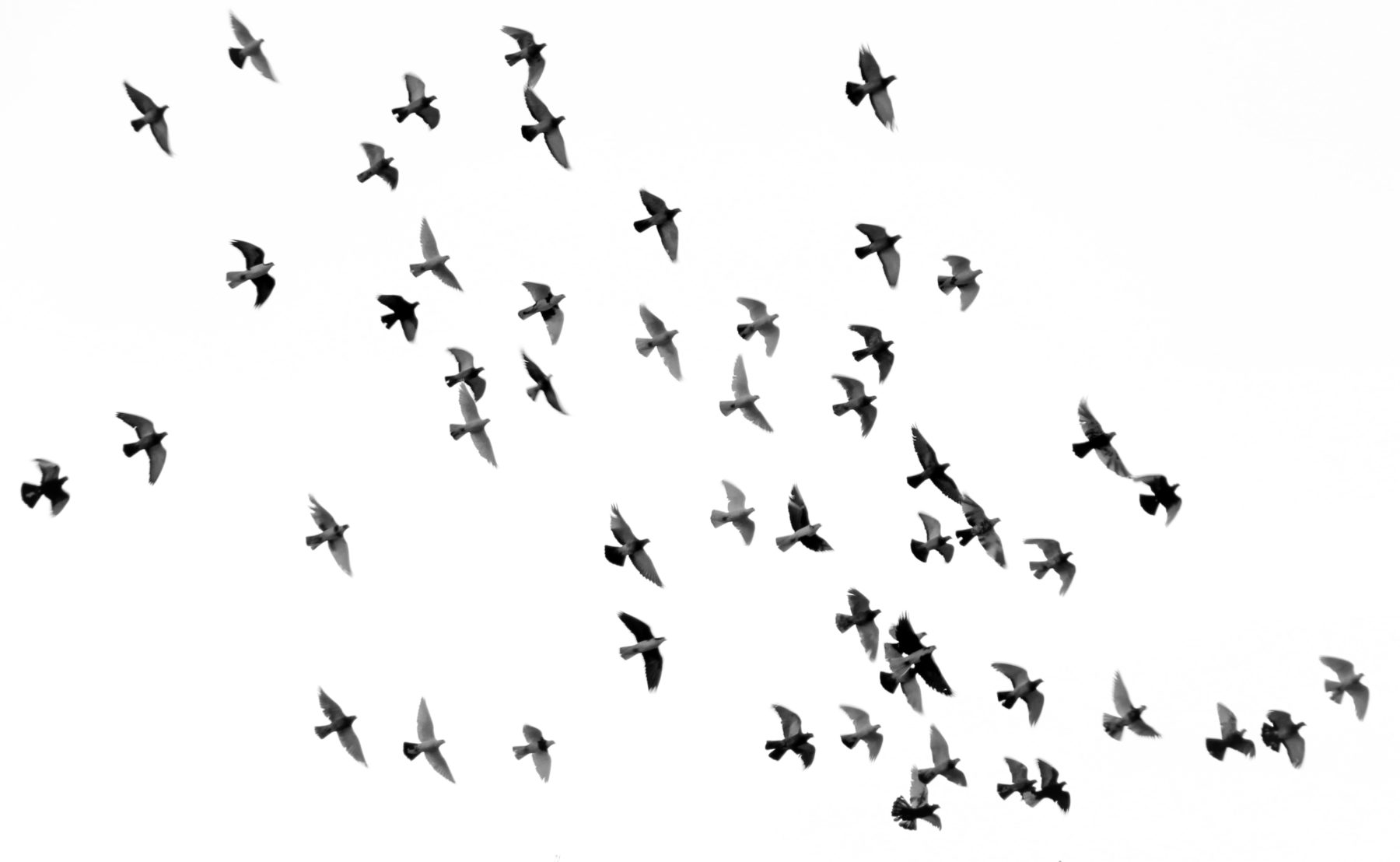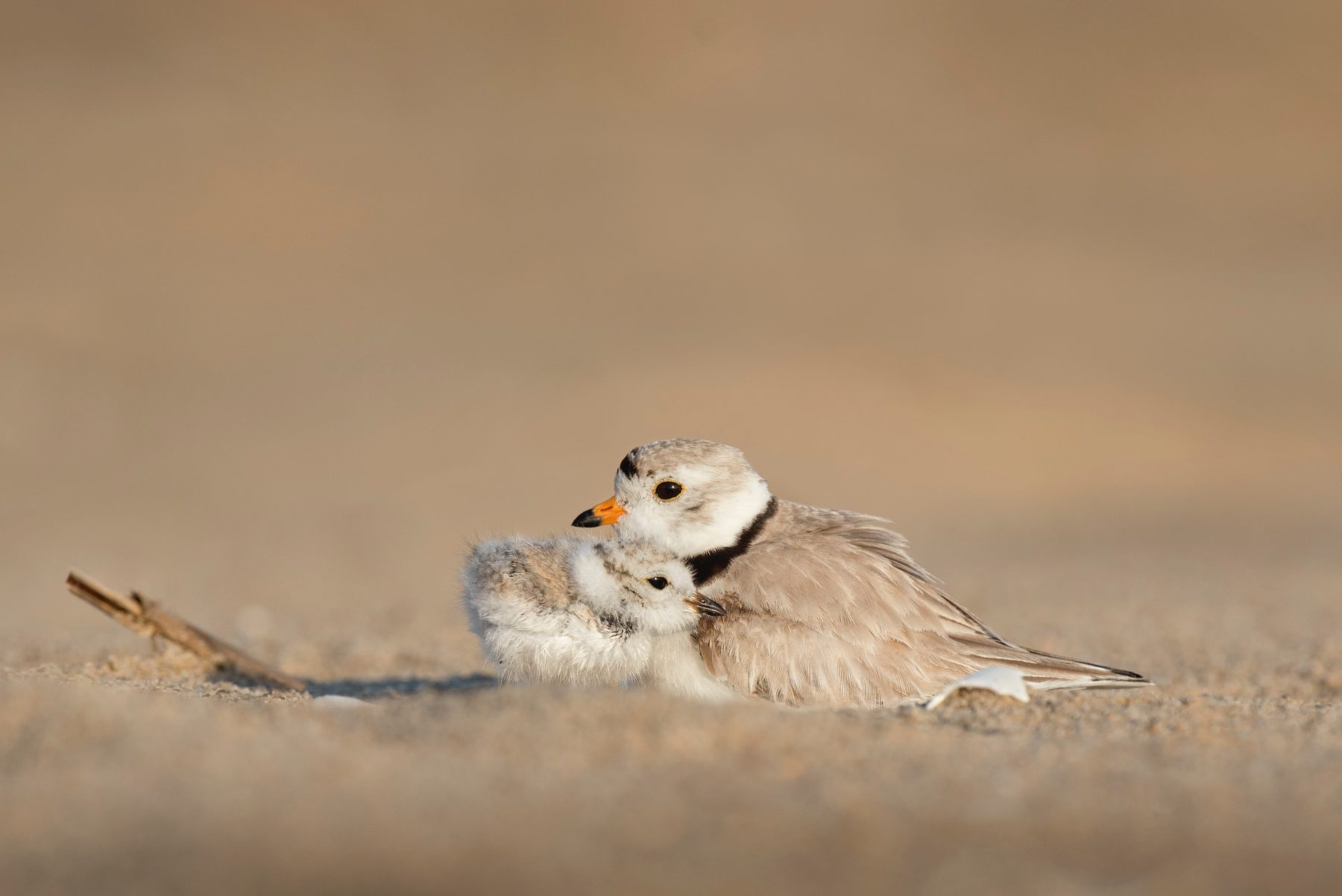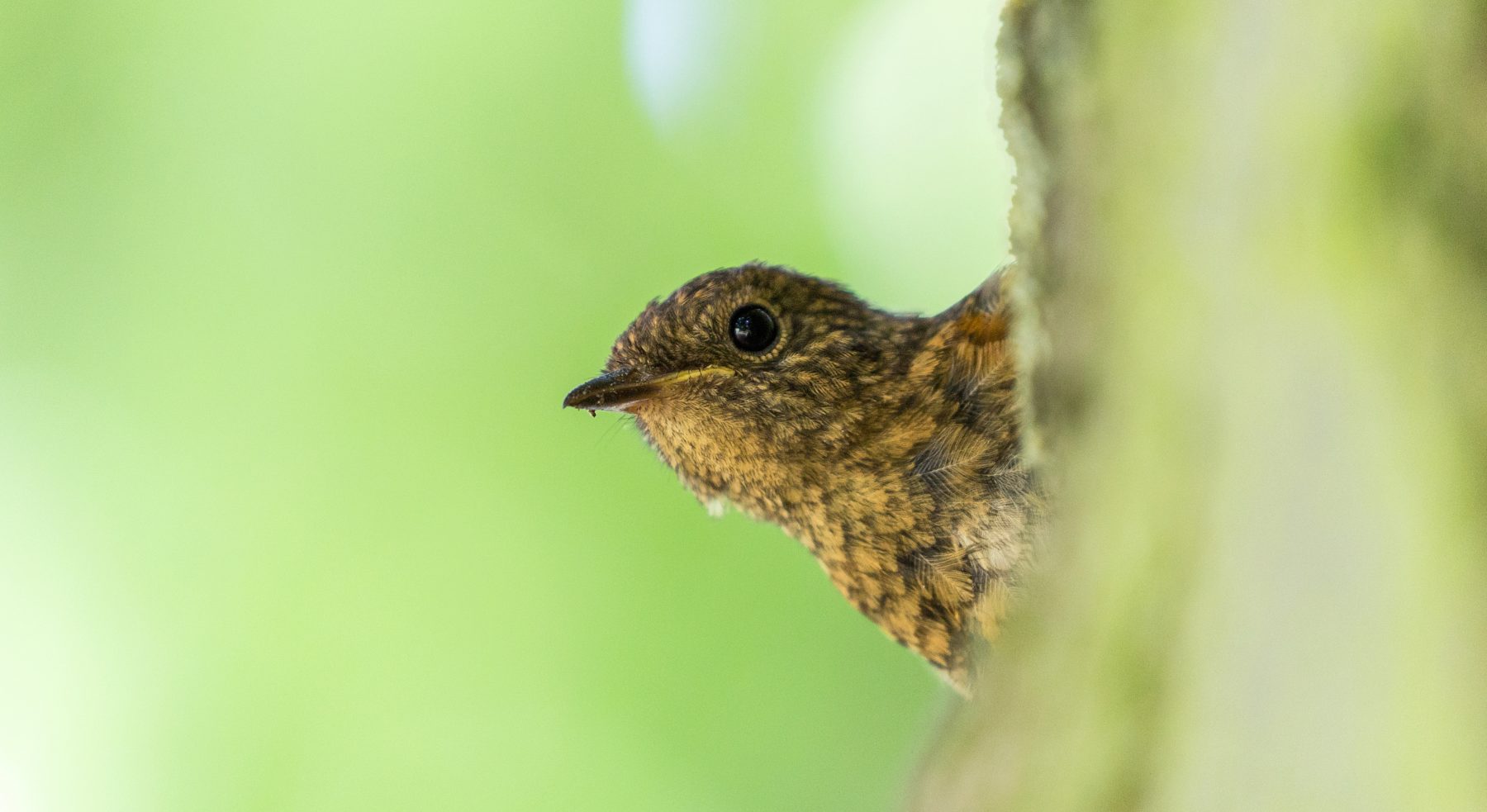Songbirds and humans have something in common that could help us better understand the impact of stress on speech and language development in childhood.
“Birds and humans are the only two groups of animals that are known to have dedicated centres in the brain associated with vocal learning,” says Professor Kate Buchanan, an avian behavioural ecologist at Deakin University’s Centre for Integrative Ecology.
She has been working with zebra finches, an Australian native bird, to figure out how early life stress affects the way that birds learn and remember the songs they need to be successful adults.
Scientists rely on animal models to gain insight into many aspects of human development.
Birds are a particularly good model for vocal development because their brains are wired in a similar way to those of humans.

“Asking questions about whether an early life trauma affects the way the brain is wired is interesting both for understanding human speech development and also for predicting the impact of stressful conditions such as climate change on the survival of birds,” says Buchanan.
Professor Buchanan and her team stressed young birds during the nesting period by reducing food intake or food predictability.
They found that stressed birds were not as good at producing or learning their songs as birds that were not stressed in the nest.
“Birds sing to defend their territory and to attract a mate. They learn their song from their father while they are in the nest.
“Stressed birds don’t show as strong a response to their father’s song, which means they don’t recognise it as well as non-stressed birds.
‘Stress appears to affect how neural connections form, and when and how auditory memories are created.
“We can look at the development of the brain of young birds to understand how early life trauma affects that process.

“It is not unreasonable to expect that the areas associated with speech and language development in humans may also be affected by stress,” says Buchanan.
There is some research that shows that the language skills of children who have experienced abuse or neglect are delayed, compared to children who have not experienced the same treatment.
In the bird world, adult females prefer males that have a complicated song because these males tend to be older, have a better immune system, better territory and can provide a high standard of care for offspring.
Their offspring should have a greater chance of survival. But as the world warms under climate change, how and when birds learn their songs is likely to be affected.
“As climate becomes more unpredictable there will be longer periods when it is not suitable for birds to breed.
“Birds need to be able to adapt to these rapidly changing conditions and song learning will be vital to coordinate breeding,” says Professor Buchanan.
“Environmental conditions will not always be optimal for a growing brain,” she says.

Professor Buchanan and her team are also looking at whether the effects of early life stress are passed across generations.
The team have bred a generation of birds that experienced stress to see if this affects the way their offspring sing or how well they remember their song.
They are also assessing how the brains of the offspring respond to playback of song, in order to assess how well the birds have learnt.
“The field of epigenetics has taught us that populations can exhibit rapid evolutionary alteration in response to changes in their environment that affect how genes are expressed.
“This is in contrast to changes to the genetic code which occur through selection. We hope to use vocal learning and stress to understand how bird populations respond to stress.
“The greater understanding we have of how stress affects generations of birds, the better our ability to ensure their survival.”



